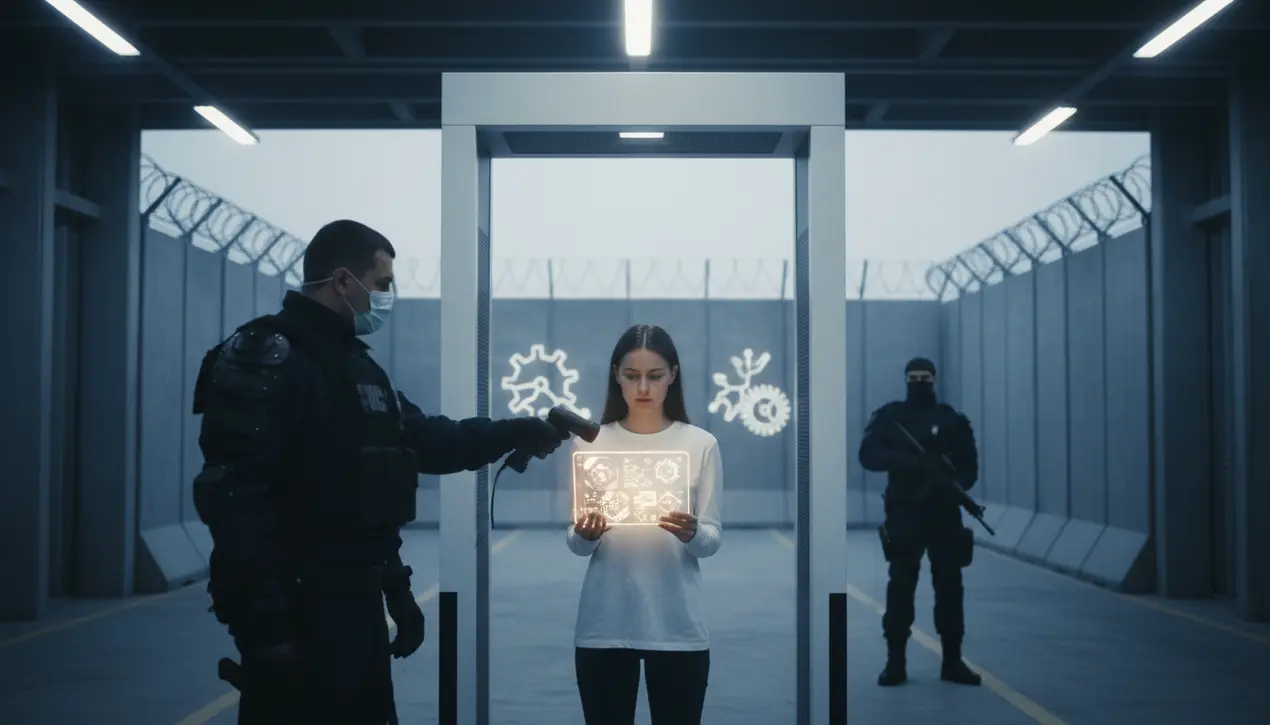
Politicsprotests & movementsMass Demonstrations
The Heresy of Hope: Why Envisioning a Better Future Triggers a Backlash
MI
Michael Ross
17 hours ago7 min read
In a curious reversal of historical progress, the simple act of imagining a more equitable and advanced society is now often treated as a subversive threat. This is not a minor cultural trend but a deep-seated societal reflex, driven by an innate fear of disruption.Proposals for a post-scarcity economy, the dissolution of traditional political hierarchies, or radical wealth redistribution are not merely debated on their merits; they are perceived as existential challenges to the foundational power structures and assumptions of our current world. The established order, with its entrenched interests and familiar, albeit flawed, stability, views these optimistic futures not as inspiration but as inherent risks.This defines the central paradox of our era: the very tools capable of building a better tomorrow—sophisticated AI, biotechnology, and decentralized networks—are simultaneously framed as the instruments of our potential downfall, mirroring the timeless caution in Asimov's fiction where the quest for control perpetually wrestles with unintended consequences. We witness this dynamic in policy arenas where a four-day workweek is dismissed as economic fantasy and universal basic income is attacked as an assault on the capitalist work ethic.The resistance is frequently rooted in a powerful cognitive bias toward the status quo; the known hardships of the present feel safer than the uncertain promise of the future, regardless of its potential benefits. This pattern is not novel—Galileo was silenced for envisioning a heliocentric cosmos, an idea that threatened the theological and political orthodoxy of his time.Today's heretics are those who model societies without borders, without traditional currency, or with AI managing facets of public governance. The resulting backlash acts as a societal immune response, aggressively targeting ideas it cannot immediately assimilate.Ethically, this conflict forces critical questions about who holds the power to define 'better. ' One group's utopia is another's dystopia, and the act of imagination itself becomes a political battleground.Corporate and governmental entities that benefit from the current system have a vested interest in framing radical optimism as naive or dangerous, deliberately conflating pragmatic steps toward progress with destabilizing revolution. To advance, we must foster a greater tolerance for speculative thought and acknowledge that the first, non-threatening step toward building a better world is the courage to conceive it, all while navigating the intricate interplay between innovation, ethics, and the profound human fear of the unknown.
#editorial picks news
#social commentary
#political dissent
#imagination
#societal threats
#future visions
#activism
#cultural criticism
Stay Informed. Act Smarter.
Get weekly highlights, major headlines, and expert insights — then put your knowledge to work in our live prediction markets.
Comments
Loading comments...
© 2025 Outpoll Service LTD. All rights reserved.